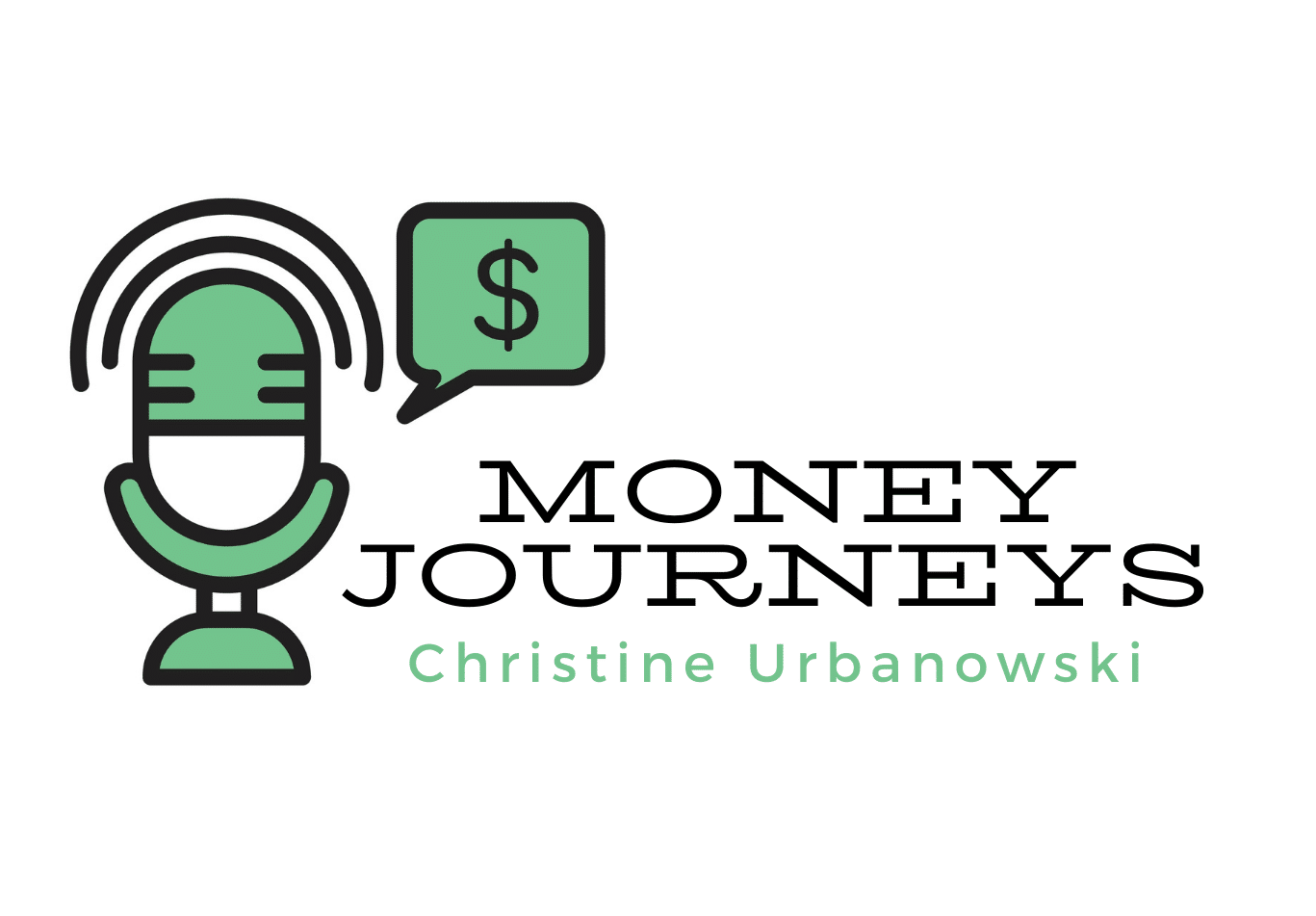Every summer, my husband and I visit wineries in the Okanagan Valley, BC. We enjoy the scenery and tasting new wines. We feel content and carefree. When we return home, we realize we spent more on wine than we ever would at a liquor store. This brings us to a crucial concept in personal finance: spending triggers.
What are spending triggers?
Even as an Accredited Financial Counsellor, I am not immune to the persuasion of spending triggers. They are the emotions that lead us to spend more money than planned or regret a purchase altogether. The most disciplined budgeters can succumb to these triggers, making it essential to understand and identify them. The key is not to judge yourself but to become aware of your triggers so you can be prepared the next time they unexpectedly surface.
The main reason that it is important to have awareness around spending triggers is that they can easily prevent you from reaching your goals and having money for what you value the most.
Creating awareness
Trigger #1: Emotions
Spending triggers often stem from emotions, whether positive or negative. It’s the attempt to change a negative emotion or amplify a positive one. Examples include boredom leading to online shopping, guilt resulting in buying gifts for your kids, stress prompting a takeout order, or, in my case, feeling carefree leading to overspending on wine.
Trigger #2: Keeping up with friends
We can do some crazy things to be a part of the tribe. It could be as simple as spending more on dinner because everyone else is getting an appetizer, a glass of wine and dessert with their entree. Or maybe your friends are all going to Mexico and you just can’t miss out.
Trigger #3: A good deal
It was Freud’s nephew, Edward Bernays, that started the idea of using psychology to teach companies to advertise to our emotions. And it worked! How many emails for sales at your favourite clothing store have led you to buy?
Trigger #4: A favourite store
It could be as simple as walking past your favourite store and seeing your favourite clothing line. Or maybe walking by your favourite coffee shop on your way to work, and you just can’t help but buy a coffee and a homemade donut – every day!
Trigger #5: Extra cash
For some people, just having access to money can be a trigger to spend.
Identify your triggers
Think back over the last several month’s purchases. Are there any that you regret? Any, after some reflection, you realize your emotions got the best of you? That you weren’t really in control and wouldn’t typically spend that much on what you bought.
For instance, answer the following questions:
- What did you buy?
- How much did you spend?
- What led to the purchase?
- What emotions were you experiencing?
- Who were you with?
- What time of day was it?
- Was there a sale?
- What were the circumstances?
- What else may have contributed?
See any patterns in your answers? Those are your spending triggers. Recognizing your triggers is the first step to overcoming them.
Shifting from default to intentionality
Once you have identified your spending triggers, use your new awareness to decide what you would like to change. Here are some ideas to help you create a plan:
H.A.L.T – Put time between the impulse and the buy
The acronym H.A.L.T. is often used in recovery programs. It is a reminder to assess if you are Hungry, Angry/Anxious, Lonely or Tired when you have a craving trigger. This also applies to spending triggers. Introducing a delay between the impulse to spend and the actual purchase can give you time to assess if what you really need at that moment is food, calm, a friend or a nap instead of shopping. This pause gives your thinking brain time to get back online. Affording you the chance to make less emotional decisions.
Come up with an alternative
With a little planning, many spending triggers can easily be dealt with in a different way other than spending. If a stressful day at the office tends to lead to expensive takeout – have some easy meals in the freezer that you can make instead. If you shop online when you are bored, have a list of other options to choose from like doing a puzzle or going for a walk.
Cut back on social media
Social media’s tendency to evoke feelings of envy and dissatisfaction is often the culprit for setting off a spending trigger. Putting limits in place for yourself with an app like ScreenZen, can increase your overall well-being and decrease the chance of making irrational purchases.
Avoid the trigger
If walking past your favourite clothing store or bakery is too much of a trigger to resist, the solution may be as simple as avoiding the trigger by taking a different route.
Move money out of your checking account
If money in your checking account tempts you to spend, then get it out of your checking account – maybe even at a different bank. Put money in savings accounts assigned with nicknames indicative of what the money is to be used for. You’ll be less tempted to spend because you’ll need to consciously pull money from a specific account to spend it and you’ll be aware of what you are sacrificing.
Unsubscribe from trigger emails
If you can’t resist the deals sent to your inbox, unsubscribe from those emails. It is better to buy something at full price with intention and planning than it is to spontaneously buy discounted things that you don’t need.
Plan for the trigger
If you know saying no to your trigger just isn’t in your wheelhouse and you are ok with that – plan for the expense. The goal isn’t to say no to everything! Just be intentional about saying yes!
Take action
Figure out what your spending triggers are so you can learn to avoid them or plan for them. These small changes will ensure your money is going to the things that matter most to you.










